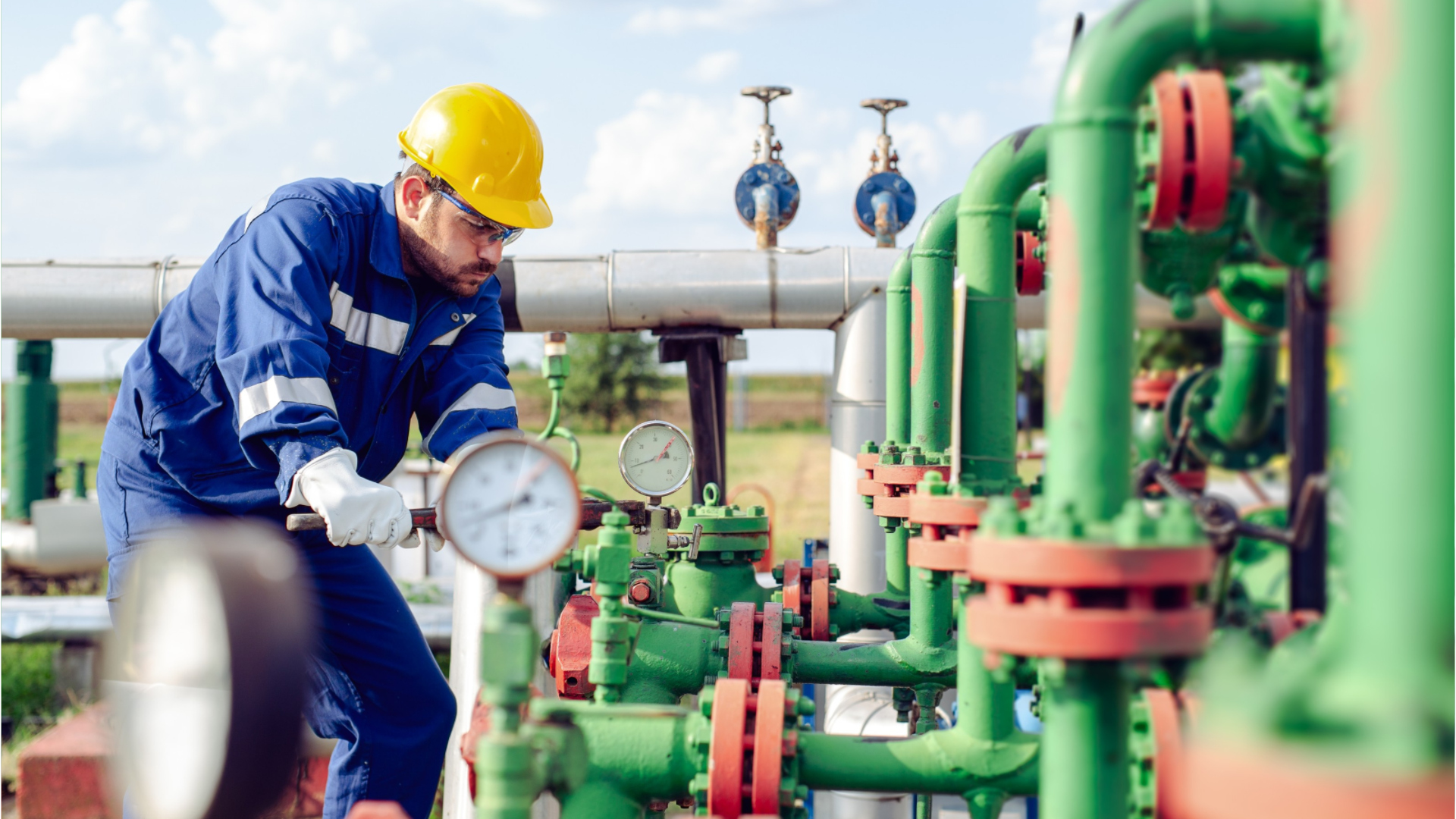Petroleum Pump System Operators, Refinery Operators, & Gaugers
Gauger, Operator, Pumper, Refinery Operator
What they do:
Operate or control petroleum refining or processing units. May specialize in controlling manifold and pumping systems, gauging or testing oil in storage tanks, or regulating the flow of oil into pipelines.
On the job, you would:
- Signal other workers by telephone or radio to operate pumps, open and close valves, and check temperatures.
- Maintain and repair equipment, or report malfunctioning equipment to supervisors so that repairs can be scheduled.
- Monitor process indicators, instruments, gauges, and meters to detect and report any possible problems.
Knowledge
Manufactured or Agricultural Goods
- manufacture and distribution of products
Safety and Government
- public safety and security
Engineering and Technology
- mechanical
- computers and electronics
Business
- management
Skills
Basic Skills
- keeping track of how well people and/or groups are doing in order to make improvements
- reading work related information
Problem Solving
- noticing a problem and figuring out the best way to solve it
Abilities
Visual Understanding
- quickly compare groups of letters, numbers, pictures, or other things
- see hidden patterns
Attention
- pay attention to something without being distracted
Ideas and Logic
- order or arrange things
- notice when problems happen
Verbal
- communicate by speaking
Personality
People interested in this work like activities that include practical, hands-on problems and solutions.
They do well at jobs that need:
- Cautiousness
- Attention to Detail
- Dependability
- Integrity
- Stress Tolerance
- Perseverance
Technology
You might use software like this on the job:
Spreadsheet software
- Microsoft Excel
Electronic mail software
- Email software
- Microsoft Outlook
Industrial control software
- Programmable logic controller PLC software
- Supervisory control and data acquisition SCADA software
Education
Education: (rated 2 of 5)
high school diploma/GED
usually needed
usually needed
Job Outlook
Below Average
New job opportunities are less likely in the future.
Explore More
- Chemical Plant & System Operators
- Gas Compressor & Gas Pumping Station Operators
- Gas Plant Operators
- Power Plant Operators
- Wellhead Pumpers
You might like a career in one of these industries:
See more details at O*NET OnLine about Petroleum Pump System Operators, Refinery Operators, & Gaugers.





